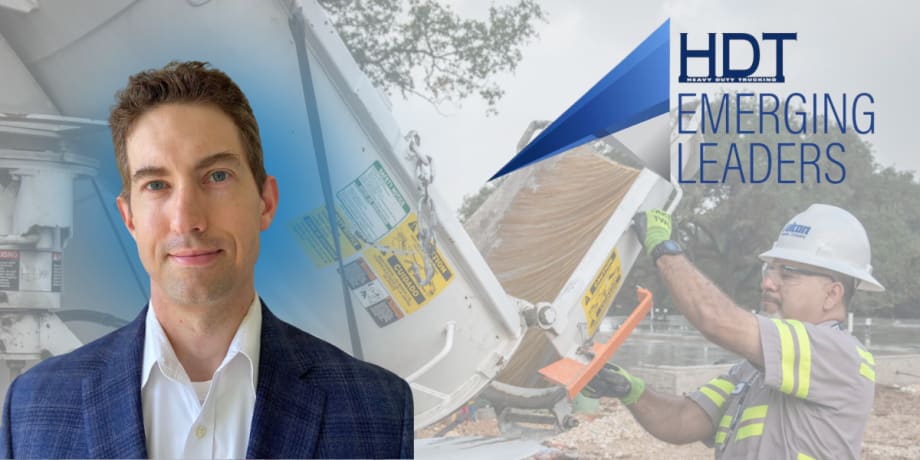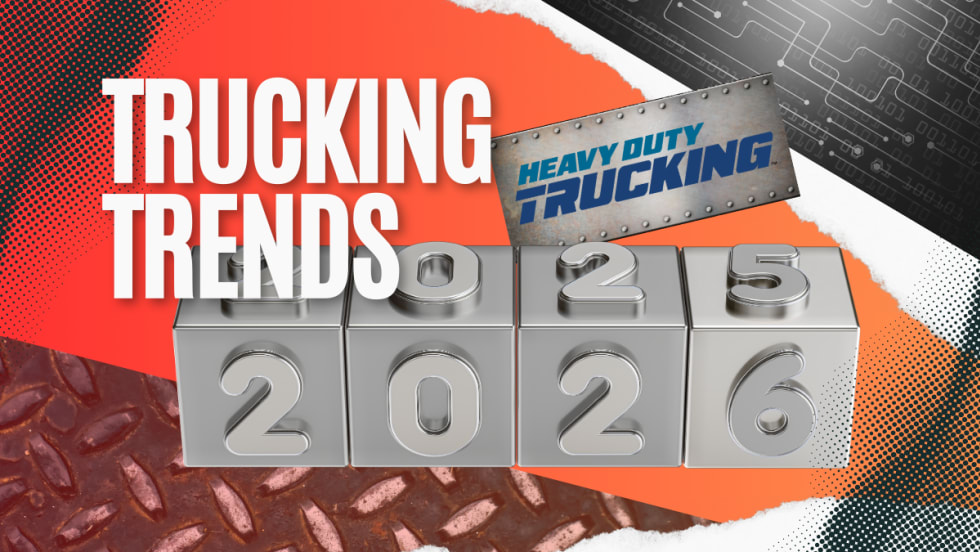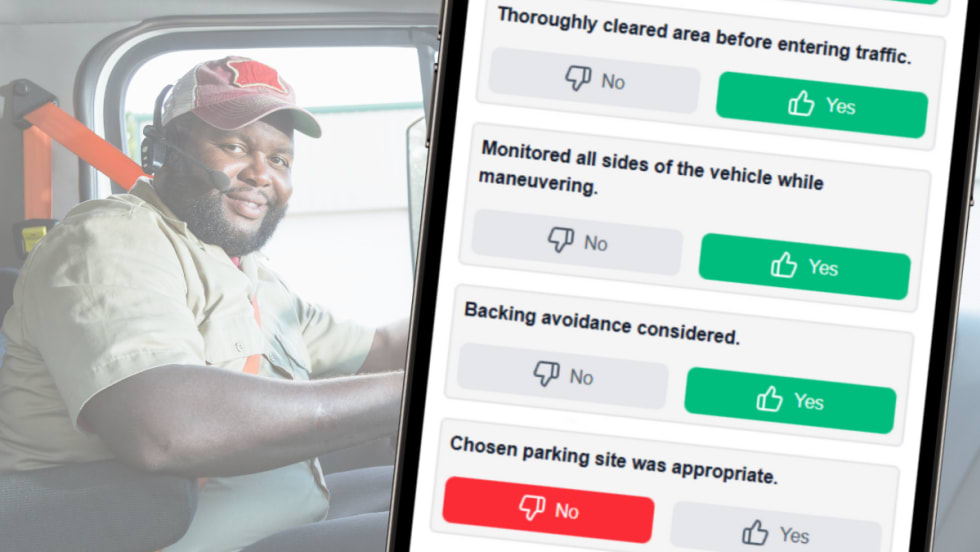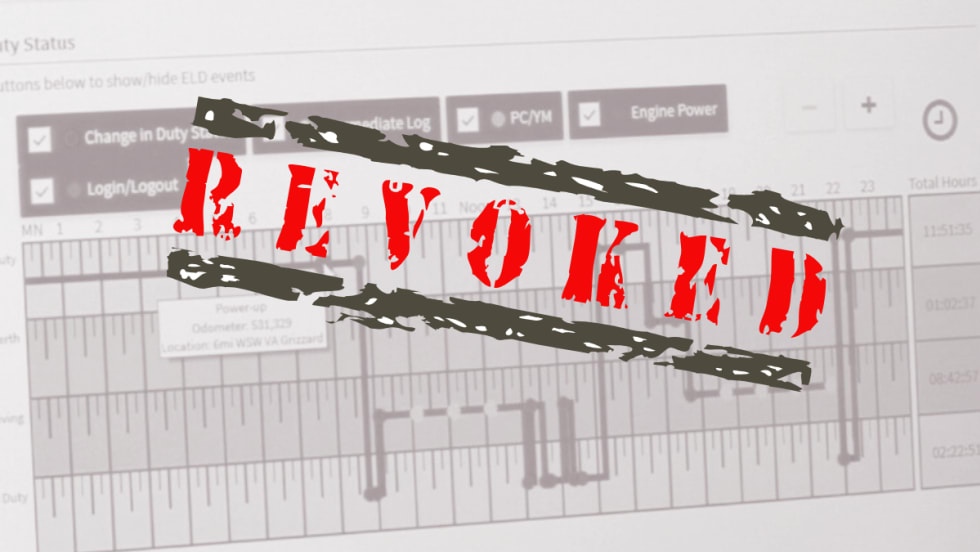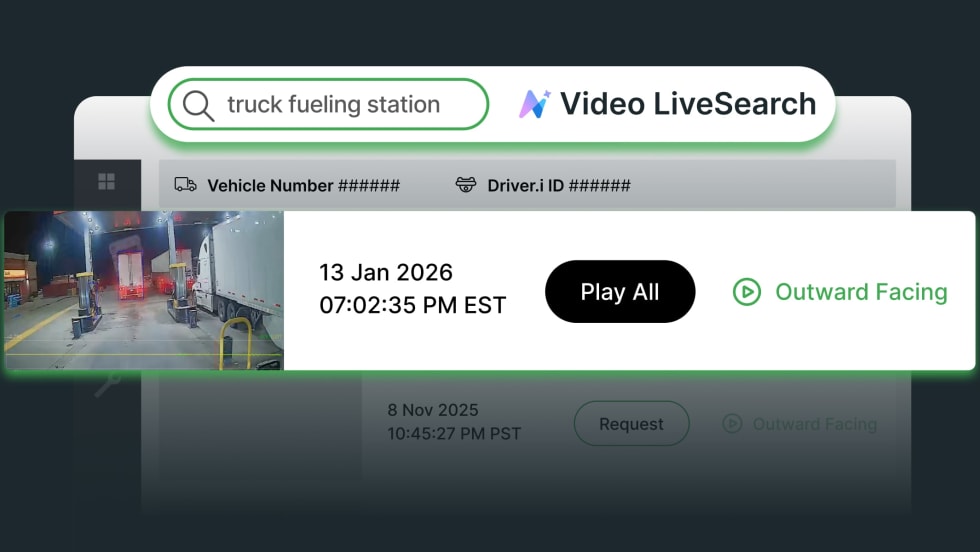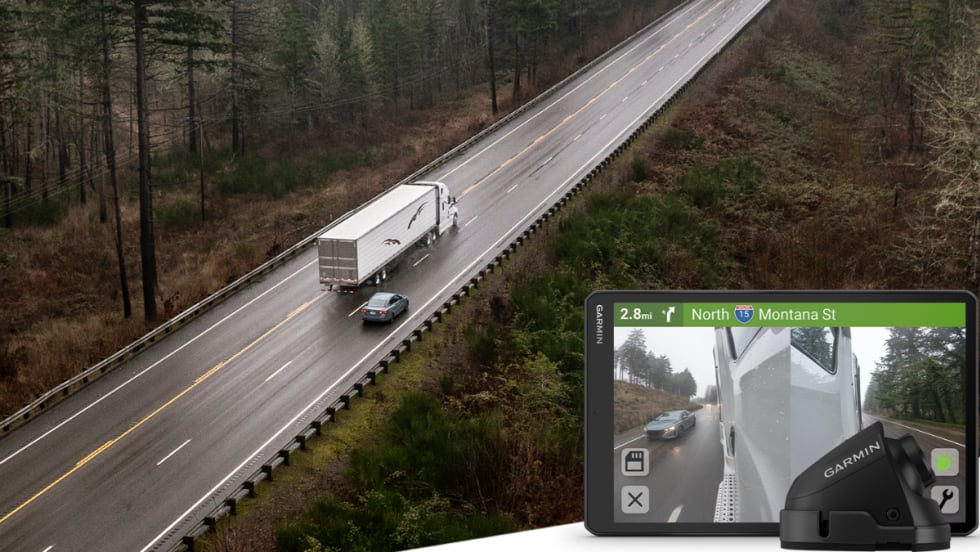“it's a path I don't think I would have planned for myself, but trucking gets its hooks in you, and you sort of fall in love with it.”
After Joshua Moore graduated from Cumberland Law School in Birmingham, Alabama, he was looking for a job in estate planning or in government administrative law when he landed a position with a motor carrier safety consulting firm. For the next seven years, he jumped in with both feet, even getting a CDL permit and taking some diesel technician classes, to better understand the industry and not just the related law and regulations.
In 2016, Moore joined Birmingham-based Vulcan Materials Company, the nation’s largest producer of construction aggregates and construction materials, to guide its DOT compliance and safety efforts.
Vulcan’s a parent company for thousands of trucks under subsidiaries with multiple DOT numbers and a number of different business lines, from road construction to aggregate delivery and ready-mix concrete. Vulcan wanted to develop a more consistent safety program across its entire on-road operations.
One of the first things Moore did was initiate the adoption of in-cab cameras across the entire regulated fleet. About five years ago, “We said, we’re going to put cameras in every truck that is above 10,000 pounds GVWR across our footprint.”
Cameras are both forward- and driver-facing cameras for company drivers. (Owner-operators are just forward-facing.)
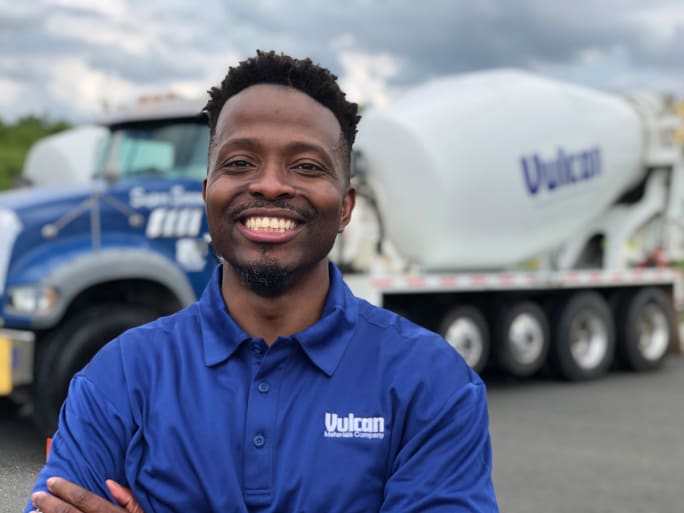
Moore is working to answer the question, "How do we make sure we continue to train a new generation of drivers?”
Photo: Vulcan Materials Co.
“We want to coach behaviors and encourage our operators to be as safe as possible,” Moore explains. “And we believe we can get ahead of different behaviors” using this technology.
“We believe, conceptually, that the line managers should be coaching, because they're the direct supervisors,” Moore says. He recognizes that some companies see coaching as primarily the safety department’s job. Vulcan uses operations-led coaching. "That means we need to be wise about how we approach that with our time and the capabilities of the system.”
Leading vs. Lagging Metrics
One of the biggest things he’s grappling with right now, Moore says, “is there's just so much technology, and there's so much data, and having a good understanding about how to use that data in making good business decisions. And those business decisions include safety decisions, because safety is a core part of running your business.”
In 2021, Vulcan launched the Fatality Prevention Program. As part of that program, Moore is exploring how he could adapt an approach used in other company operations to identify and prevent potential serious injuries or fatalities (PSIFs). He's asking, how can his fleet and the industry move away from lagging metrics to leading metrics?
“An accident rate is an accident rate,” he says. “It tells me what happened. But if you're focused on this giant accident rate, you've probably got other problems you need to solve.”
He wants to know how to use data to create leading indicators and allow the company to allocate its resources so its people can spend time valuably to make the biggest impact.
Traditional safety performance measures are backward-facing metrics. For trucking, that might be the accident rate. For the workplace, it might be lost-time and total recordable incident rates. But by paying attention to activities with higher risk potential that involve circumstances that can lead to serious injuries and fatalities, a company can recognize conditions that are known to increase the risk of an incident and address them proactively.
“So you look at incidents, at near incidents, and you say, ‘What's the potential [risk] of this?’” Moore explains.
For instance, he says, there’s a difference in risk between a driver sitting at a stoplight on his or her mobile device and using it while driving down the road at 50 mph. Yes, both include risk, but that risk, that potential for a serious incident, is different. It makes sense to spend more time and effort addressing the higher-risk behaviors.
Safety Takes a Team Effort
Moore emphasizes that the company’s success isn’t all about him.
“I have a great team that’s under me, and I'm only as good as how well they do. Really, my job is to clear barriers for them, so they can go out and do the things they need to do so we can run safely.”




